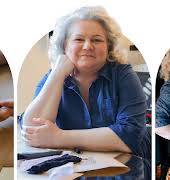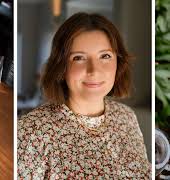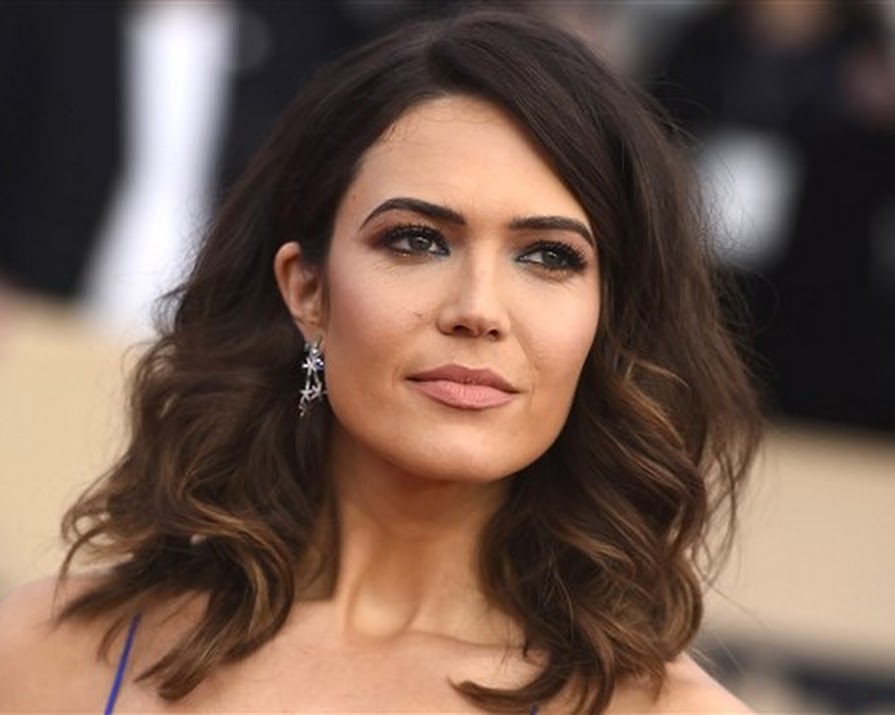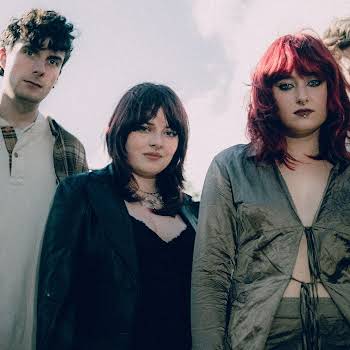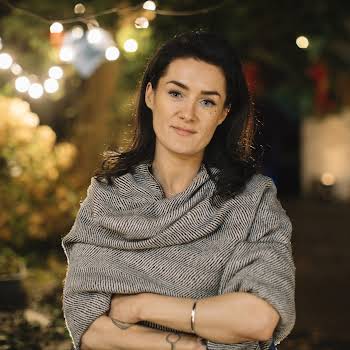
By Jennifer McShane
20th Feb 2019
20th Feb 2019
Seven years is a very long time to be in a marriage – one that is not a partnership but based solely around the other person’s needs. But this is what singer and This is Us star, Mandy Moore has opened up about.
Moore appeared on WTF With Marc Maron podcast, where she discussed her seven-year marriage with singer-songwriter Ryan Adams, whom she and several women have accused of emotional abuse and sexual misconduct in a New York Times exposé.
Adams has denied the allegations.
Related: Mandy Moore speaks out about ex-husband Ryan Adams’ alleged abusive behaviour
During Moore’s mid to late twenties, she should have been at an exciting peak in her blossoming career. However, she released no music during the entire course of her relationship. This was, she says, due to strain which was placed upon her in the marriage.
“I was living my life for him,” the actress, who met Adams when she 23, said. She alleged her career was hindered further when he became dependent on her, saying the relationship “had an entirely unhealthy dynamic.”

She worked a little but explained that she felt the marriage could not “sustain itself” if she worked full-time, adding: “I would do little jobs – it’s not like I completely stopped working. But it would become abundantly clear while I was working, things would completely fall apart at home.”
“I couldn’t do my job because there was a constant stream of trying to pay attention to this person who needed me and wouldn’t let me do anything else.”
“Oh, I had no sense of self. I was imperceptible, I was so small in my own world.”
She described her feelings during their marriage as “drowning” and added that “it was so untenable and unsustainable and it was so lonely. I was so sad. I was lonely with him,” which eventually led to the relationship’s demise and her filing for divorce in 2015.
Physiological and emotional abuse can start so subtly, it’s easy to think that it isn’t happening at all. It can start with a few unkind words, lead to gaslighting or, as Moore said was predominant in her own case, to a belittling of confidence that leaves you unable to express yourself, so that you find your voice isn’t there as it once was.
Related: Emilie Pine: In a post-#MeToo world speaking up still isn’t always easy
Moore added that during their relationship Adams also offered help with professional advancement but ended up destroying her confidence in her music with verbal harassment.
Adams told Moore she wasn’t a “real musician” because she didn’t play an instrument.
“His controlling behaviour essentially did block my ability to make new connections in the industry during a very pivotal and potentially lucrative time — my entire mid-to-late 20s,” Moore added.
“Music was a point of control for him.”
It isn’t easy to get that voice back, even post-#MeToo. Look at the women still suffering the after-effects of Harvey Weinstein? Women in their prime, women whose stories deserved to be told on screen, women who were shut out of their careers, assaulted, with their voices constricted in silence.
“Speaking your truth is painful and triggering but it’s worth it,” Moore wrote on Instagram.
Seven years, seven days, or seven months.
It’s never too late to find your voice.




